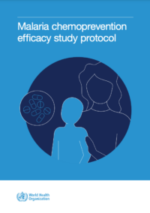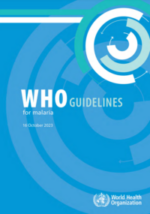DEEP DIVE
Targeted Drug Administration (TDA) strategies
19/01/2021
21/03/2024
This is an active Deep Dive and we welcome your contributions! If you are currently involved or planning research activities on Targeted Drug Administration (TDA) strategies please contact MESA (mesa@isglobal.org) or add your project to the database.
——
Targeted Drug Administration (TDA) strategies for malaria are defined by WHO as the administration of a full therapeutic course of an antimalarial medicine to a sub-population at increased risk of infection and irrespective of infectious status (risk factors include demographic, occupational and exposure characteristics).
In malaria endemic countries, there are population groups at higher risk of infection which can harbor a large proportion of the human malaria parasite reservoir. These may include specific age groups, mobile populations and individuals with higher malaria exposure due to occupational or outdoor leisure activities. However, there is still very limited evidence to show whether providing these high-risk groups full treatment courses of antimalarials through TDA interventions would help reduce transmission.
The WHO Global Malaria Programme is currently developing new Guidelines for Malaria Elimination to provide policy advice to countries and plans to incorporate evidence-based recommendations on the use and implementation of TDA interventions.
With the aim of facilitating the work of the Malaria Elimination Guidelines Development Group, this deep dive compiles the landscape of recent and ongoing research in malaria TDA strategies and provides an overview of the projects’ main characteristics.

Total
projects

Total funding
amount



